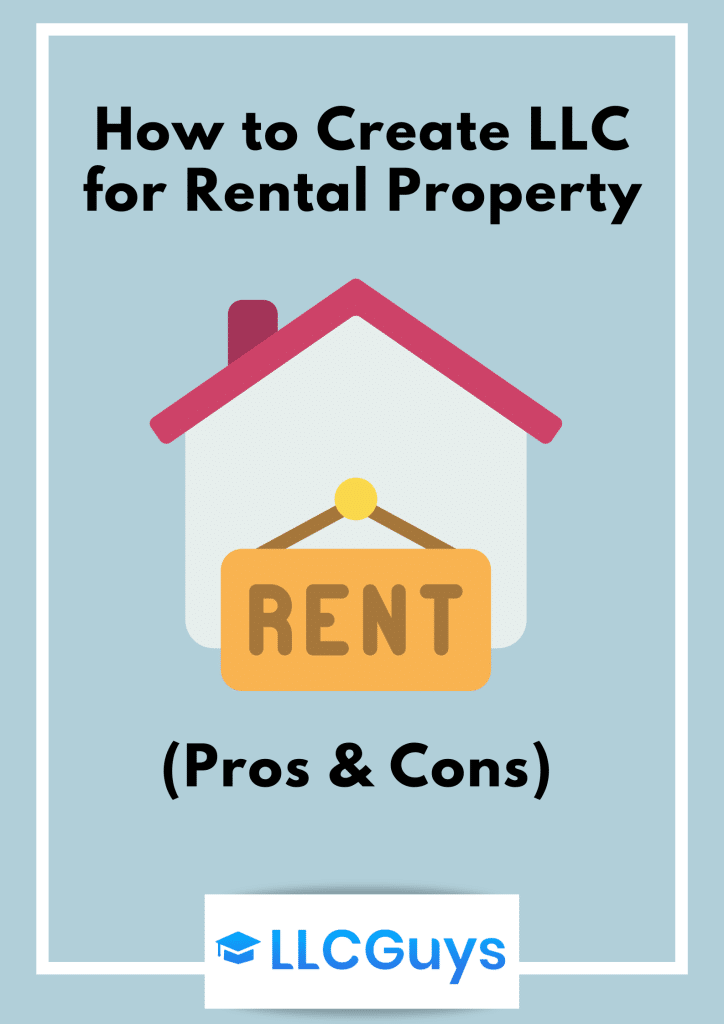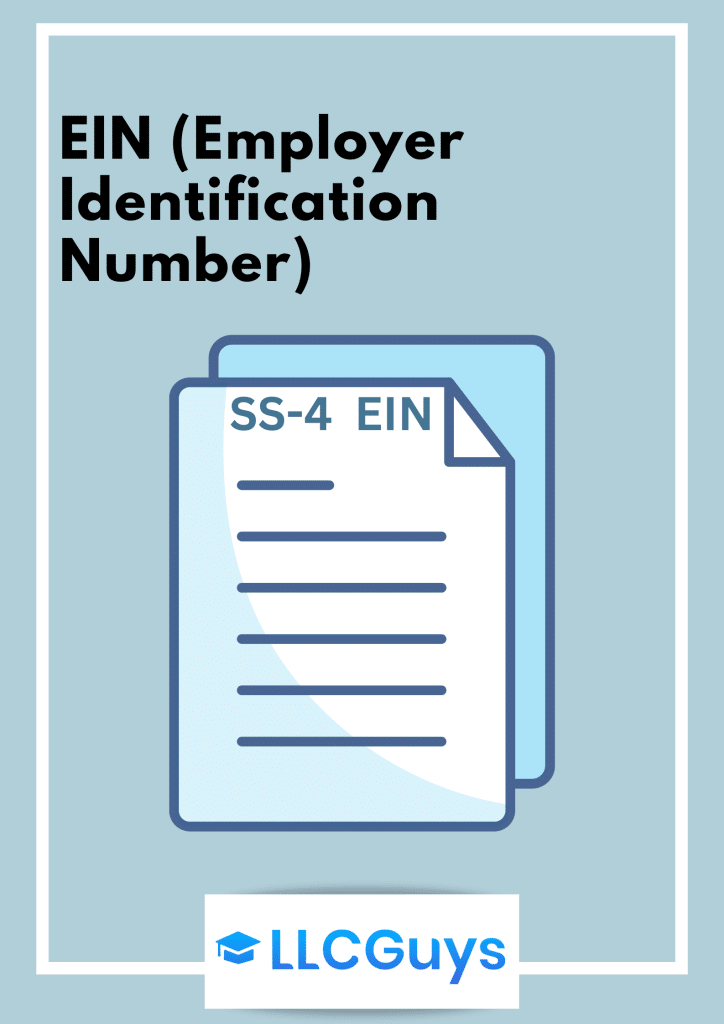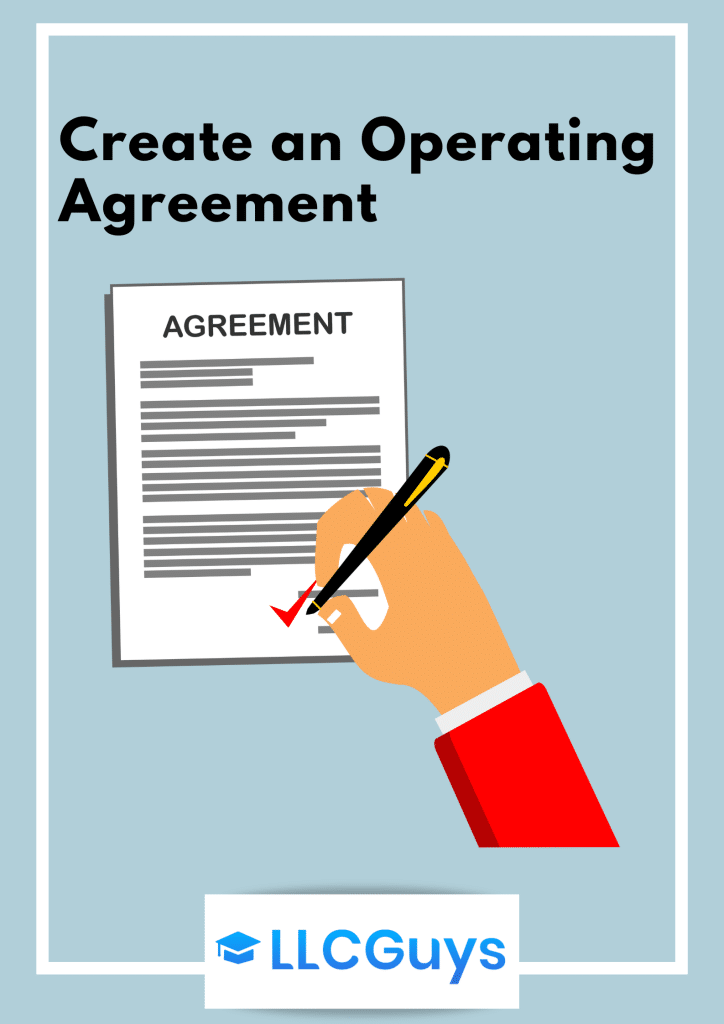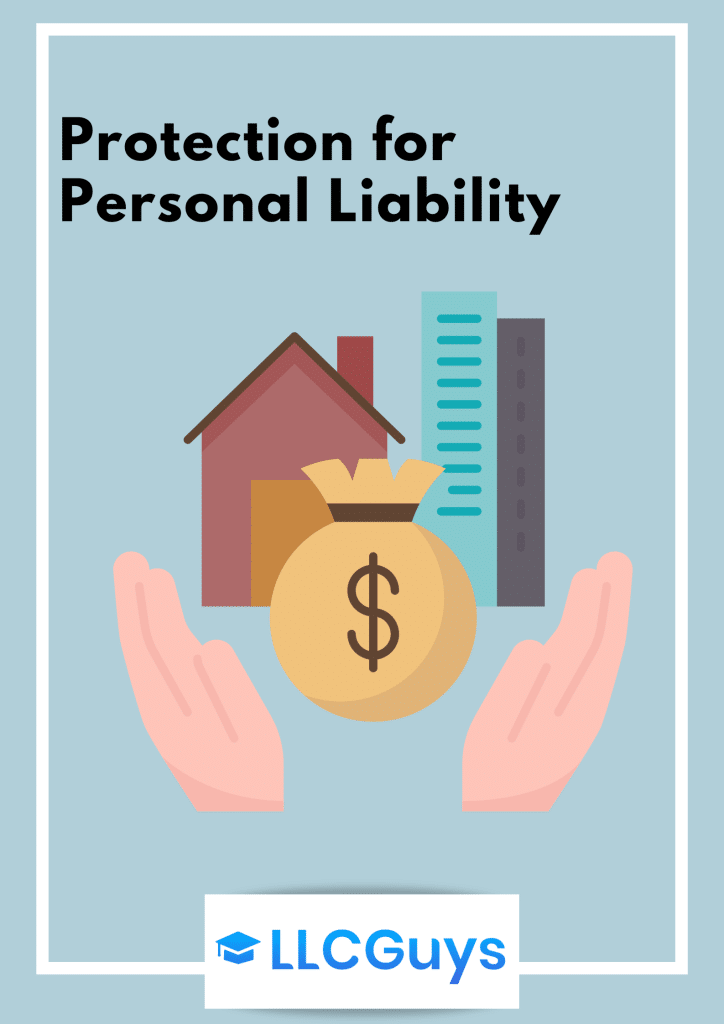Creating LLC for Rental Property (Pros & Cons, How-to)
Hire Professionals to Start a Rental Property LLC Today (from $0 + state fees)

Incorporating a Limited Liability Company (LLC) for your rental property business is an optimal way to safeguard yourself from liability, secure tax advantages for your rental business, and capture numerous other benefits. Not only will your individual assets be safeguarded in the instance of any lawsuit related to an injury on the premises, but likewise you’ll be able to keep any rental-related debts separated from your own due to LLCs’ protection against such liabilities. Yet before settling on forming an LLC for this purpose, it’s essential that you contemplate all its pros and cons first!
If you want to skip the hassle of starting a rental property LLC yourself, consider using professional help for the best price in the market:
- Northwest Registered Agent ($39+state fees) (best support)
- ZenBusiness ($0+state fees) (best price)
- Hire Professionals to Start a Rental Property LLC Today (from $0 + state fees)
- Your Rental Property LLC Has Two Main Functions:
- Do I Need an LLC for My Rental Property?
- Pros and Cons of Creating LLC for Your Rental Property
- How to Set Up an LLC for Your Rental Property?
- Advantages of Creating an LLC for a Rental Property
- Disadvantages of Using an LLC for a Real Estate Rental Business
- Get Professional Help When Forming a Rental Property LLC
- FAQs
Your Rental Property LLC Has Two Main Functions:
Protect the owner’s assets from legal liability
Obtaining liability insurance is a must, as any damages that exceed your coverage limits could result in lawsuits and debt collection attempts aimed at you. But by owning the property through an LLC, all of your personal assets are safeguarded from these claims—including houses, vehicles and bank accounts. The only thing plaintiffs or creditors can pursue is what’s owned within the business entity itself.
Protect the owner(s) from double taxation
As an LLC, the business profits and losses are reflected in the owner’s personal income taxes. This means that a separate tax return is not necessary for filing with the IRS – they consider it to be comparable to a sole proprietorship or partnership. Neither do corporate tax regulations apply, so you can rest assured knowing that there will be no extra costs involved.
Do I Need an LLC for My Rental Property?
Although you don’t require an LLC for your rental property, it may become increasingly beneficial as your portfolio expands. Your personal liability insurance might be insufficient to protect you in a lawsuit or business debt situation; if all of the properties are under your name alone, then a plaintiff could target any assets or properties from the suit and even other separate ones such as your home and additional possessions. An LLC can offer some extra security against that possibility.
Consequently, savvy real estate investors emphasize that it is paramount to form an LLC for each rental property. This will divide the assets amongst each entity and provide a protective shield from potential legal risks not available without this measure taken.
If you want to know more about tax benefits and advantages for a real estate corporation — read out Real Estate LLC guide here.
Pros and Cons of Creating LLC for Your Rental Property
Every business owner should go through these pros and cons before Forming an LLC for his rental property.
Pros
All-in-all, creating an LLC for rental properties is often seen as a wise choice for investors/landlords due to its many practical benefits.
Cons
When considering whether to create a Limited Liability Company (LLC) for a rental property, there are certain drawbacks that should be taken into account.
These costs and associated risks should be carefully weighed against the potential benefits when deciding whether or not to create an LLC for a rental property.
How to Set Up an LLC for Your Rental Property?
Every state has distinct regulations for forming an LLC for rental properties. Six key steps to creating a successful LLC (though these may differ depending on the state) are as follows:
Choose a Business Name

When creating an LLC, business owners must remember that the name of their company has to be one-of-a-kind in its corresponding state. To ensure this is the case, residents can utilize a search engine within each respective Secretary of State’s database found throughout all fifty U.S states. If your ideal choice isn’t available on the list, it may still be held for you up to sixty days by submitting a Name Reservation Form with a valid payment attached.
File for an EIN or Tax ID number

If your LLC consists of more than one member or intends to hire employees, you will require an Employer Identification Number (EIN) from the Internal Revenue Service. It is simple to apply for an EIN online on the IRS website or file form SS-4.
File Your Articles of Organization

The Articles of Organization require the LLC’s name and address, as well as information about the registered agent. Additionally, this document must explain why the LLC exists and how operations will be run by its owners. For California-based entities, Form LLC-1 should be completed and filed with the Secretary of State for a total fee amounting to $70.
Create an Operating Agreement

Sure, an operating agreement for an LLC is not necessary, yet it adds reliability and respect to the organization. It clarifies how the financial operations function along with the collaboration among your LLC’s managers or members. In addition, this document notes what portion of ownership each manager has, their share in profits and losses, as well as rights and duties that respectively come with such a role. Moreover, you are given full knowledge on what will occur if one owner decides to leave the company. Investing time into crafting a detailed operational agreement proves beneficial when done correctly!
File the Statement of Information

In California, you should file Form LLC-12 with the state Secretary of State within 90 days after filing your articles of organization. Subsequently, it is mandatory to do so every two years in order to keep the business active and running smoothly. Similarly in Wisconsin, this statement must be completed annually and filed as an Annual Report.
Open a Business Bank Account

It is essential that your LLC have its own bank account to accept payments and disburse funds in order to keep personal and business finances distinct. By separating these accounts, the court can more readily identify if the business should be held accountable for any legal action taken against it. To further ensure this separation of records as well as build up credit for your company, experts suggest using a separate card exclusively related to property-related expenses.
Advantages of Creating an LLC for a Rental Property
While Limited Liability Corporations (LLC) carry both advantages and disadvantages, it is important to understand these details before choosing one for your business. Here are some of the major benefits:
Protection for Personal Liability

Without a doubt, the most crucial advantage of forming an LLC is personal liability protection. When you own rental properties and don’t create a business structure, your individual assets – such as bank accounts, homes or other possessions – become vulnerable to lawsuits or costs that are not covered by insurance. This can be devastating if left unprotected! Forming an LLC will help protect your assets and keep them safe from any liabilities incurred outside of what is offered in standard insurance policies.
If you choose to establish an LLC, however, your personal assets will be safeguarded in any legal disputes. In addition to this protection, you can form a separate LLC for each rental property if desired so that the holdings are kept distinct from one another. This is invaluable because it allows each asset its own shield of security.
Separate Personal and Business Expenses

To successfully manage your LLC, it is essential to have a separate bank account and credit card connected with the company. This will help you differentiate between business and personal costs more easily. At tax season, claiming any business-related expenses would be much simpler if they are properly tracked on their own accounts instead of just one.
Establishing an LLC helps ensure that the owner’s personal accounts are completely separate from their business dealings, protecting them in case of any legal troubles.
Pass-Through Taxation

LLCs possess some of the advantages and characteristics of a corporation but are not technically corporations. This is significant because it confers tax benefits to their proprietors that aren’t available in other types of business structures.
Double taxation of your income is an unnecessary burden, but with the formation of a Limited Liability Company (LLC), you can avoid it. An LLC ensures that the corporate business profits “pass-through” to you without being taxed twice in personal tax returns, leaving more of what’s yours in your pocket.
You have the opportunity to take advantage of an incredible 20% “pass-through deduction” which can allow business owners to deduct up to a remarkable 20% of their income. This could lead you to impressive savings in the end!
Disadvantages of Using an LLC for a Real Estate Rental Business
Establishing an LLC to protect your rental real estate may bring certain benefits, but it could also include a few drawbacks. One of the chief disadvantages is cost – from $100-$300 in startup fees and around $200 annually for ongoing operations, based on geographic area. Thus, before deciding if an LLC is right for you and your investment property(s), be sure to weigh all considerations carefully.
When deciding to start an LLC, it is important that you carefully consider both the advantages and expenses. Make sure that the tax benefits and added protections your business will receive are worth the cost of starting up in your state.
To ensure that you are getting the most out of your LLC, it is essential to understand what tax deductions and obligations apply to its structure. Make sure you know how these will impact your business so that you can take advantage of all potential benefits.
When you form a new company related to your rental property, it can seem tedious and rather cumbersome. Nevertheless, proactively addressing these matters today will save great amounts of trouble later on in the event that you are met with litigation or another issue.
Get Professional Help When Forming a Rental Property LLC
It can be difficult and time-consuming to form an LLC for your rental property(-ies) all by yourself.
That’s why we decided to give you a few of the best options for professional services that can help you start an LLC in no time & with 0 effort!
#1 – Create an LLC Using Northwest Registered Agent
Northwest has vast experience in creating LLCs and Corporations. They by far have the best support and client satisfaction rate. We’ve used and tested them ourselves and can guarantee that they’ll do an exceptional job for you.
You can read our Northwest review here.
#2 – ZenBusiness Can Help You Form an LLC
ZenBusiness is one of our top-rated LLC services as well. They have a super value-to-price ratio. And it’s perfect for those who are looking for the cheapest option to form their LLCs. When we tested their service — they’ve done a great job, so we can honestly recommend them.
To know more about them — read our full ZenBusiness review here.





